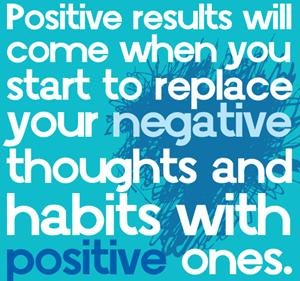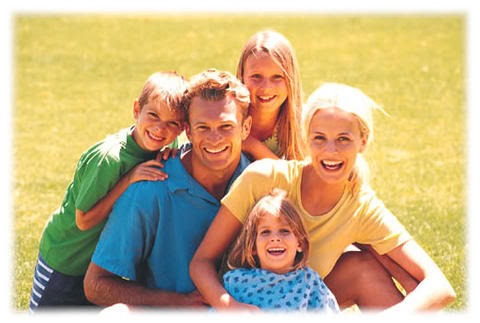
Helicopter Parenting is a term used to describe parents who “hover” over their kids and try to control their kids’ choices regarding friends, education, schooling, hobbies career and even partners. The original intention behind the helicopter parenting style is to protect children and to help them get the most out of life by directing them towards what the parents think is right for the child.
Helicopter parenting comes with much love and care for the children, but there is always the risk the parents may become obsessive and create a dependent and helpless attitude in the children by not giving them the opportunities to experience, learn and evolve using their own judgment.
The greatest risk of using this parenting method is that of the parents adopting a form of perfectionism that sends a message to the child that Mom or Dad’s way of doing things is the only right way. Rather than creating a feeling of safety, love and appreciation for the child, perfectionism creates a feeling of inadequacy and fear. In simple words:
Anxious parents raise anxious kids
A new study showed that an over-involved or overprotective parenting style, often referred to as “helicopter mothers”, increases the risk for later anxiety in children. The study, conducted by researchers from the Centre for Emotional Health at Macquarie University, followed 200 children, aged 3-4 years old, and again 5 years after, at the age of 8-9. It also contains observed interactions between mothers and children, as well as mothers’ responses to statements like “I determine whom my child will play with” and “I dress my child even if he/she can do it alone”.















